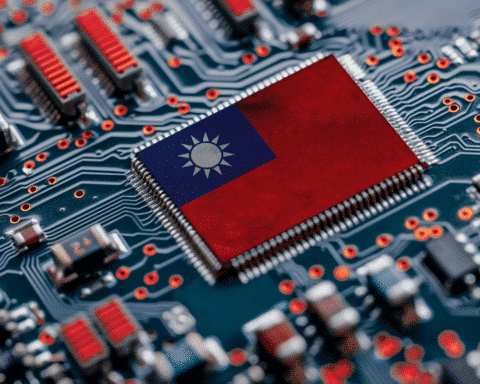A powerful 7.4 magnitude earthquake struck Taiwan’s east coast, the strongest in 25 years, causing nine deaths and significant damage to structures. Among those affected was Taiwan Semiconductor Manufacturing Company (TSMC), the world’s largest chipmaker, which experienced some operational impacts but no critical tool damage.
TSMC has been a critical player in the semiconductor industry, producing an estimated 90% of the world’s most advanced semiconductor chips used in various devices, including smartphones, computers, cars, and AI applications. The earthquake raised concerns about the risks of concentrating chip manufacturing in Taiwan, a region prone to seismic activity and geopolitical tensions.
Despite the quake’s severity, TSMC reported that over 70% of its manufacturing tools had been recovered within 10 hours, with most facilities expected to resume production by the end of the day. However, some production lines in areas with greater seismic impact may require more time for adjustment.
The earthquake highlighted the need for efforts to diversify chip production away from Taiwan. In 2022, US President Joe Biden signed the CHIPS and Science Act, allocating over $200 billion to boost semiconductor manufacturing in the United States and reduce reliance on foreign chips. TSMC has also announced plans for new fabs in Japan, Germany, and the United States to address supply chain vulnerabilities.
Despite these efforts, challenges remain in diversifying chip production. TSMC’s plans for a second factory in Arizona, initially set to be operational this year, have faced repeated delays. Experts emphasize the importance of finding locations for new fabs that are geopolitically stable and have the necessary infrastructure and workforce for advanced semiconductor manufacturing.
While TSMC and other tech companies are working to minimize the earthquake’s impact on chip supply, the broader implications for the tech industry remain uncertain. Some companies, such as Nvidia, have expressed confidence in their supply chain resilience, while others, like Micron and Foxconn, are evaluating potential impacts on their Taiwan facilities.
The earthquake serves as a reminder of the risks associated with Taiwan’s dominance in chip manufacturing and the importance of diversifying the semiconductor supply chain to ensure global resilience in the face of natural disasters and geopolitical tensions.




